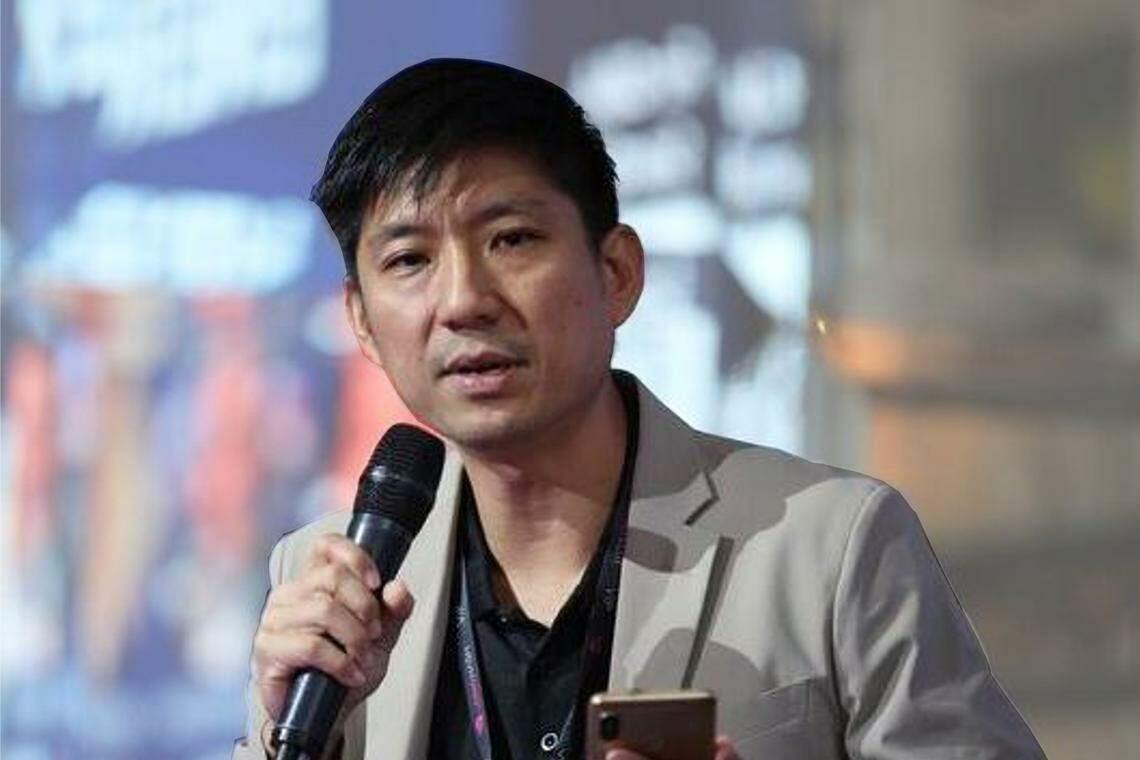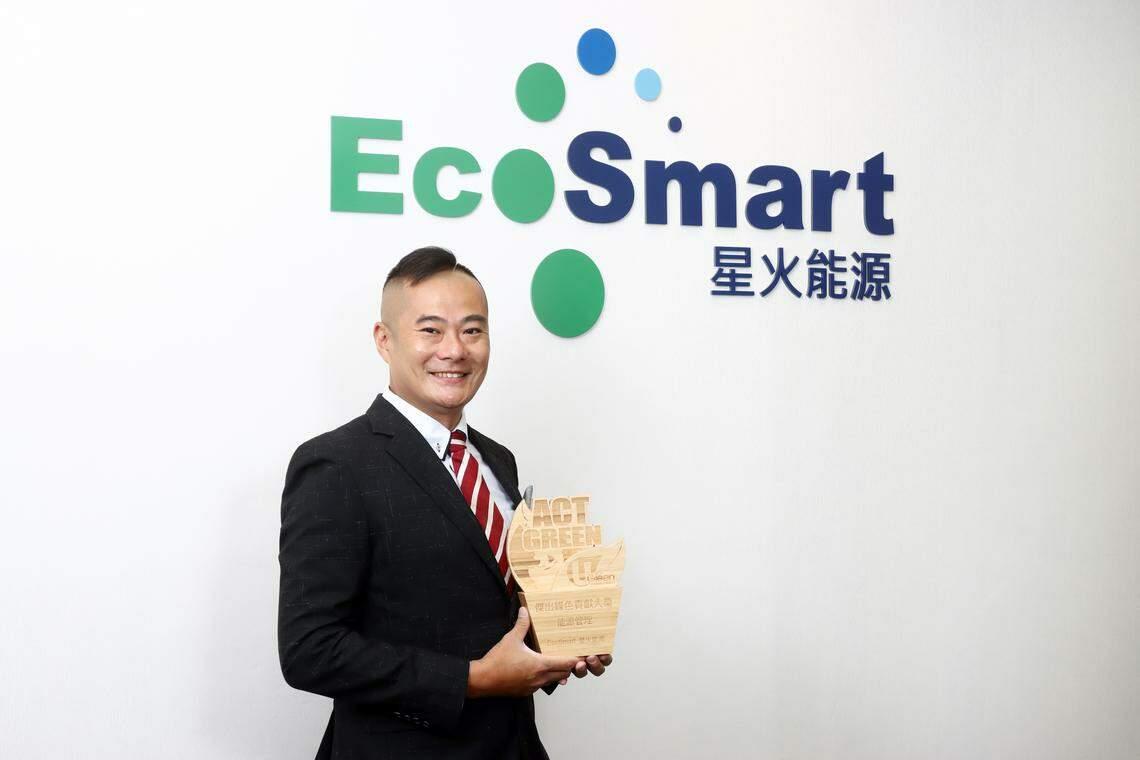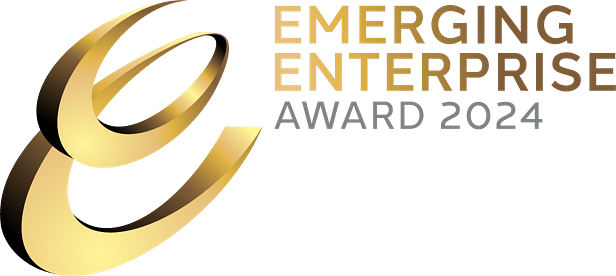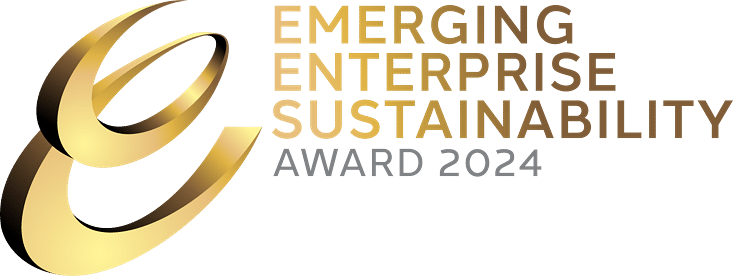ROUNDTABLE PANELLISTS:
- Bryan Oh, CEO, Neu Battery Materials [Singapore]
- Kang Jen Wee, founder and CEO, Redex [Singapore]
- Lim Chi Haur, managing director, BSL Eco Energy [Malaysia]
- Stephen Ma, CEO and director, EcoSmart Solar Power [Hong Kong]
- Steven Fong, co-founder and CEO, Flex Fuel Hydrogen Development [Hong Kong]
Moderated by Elysia Tan, journalist, The Business Times
How does your company help others achieve sustainability goals?
Bryan Oh: As a Singapore lithium battery recycling company, we provide a sustainable end of life disposal method for such batteries in many industries – automotive, energy storage, robotics and healthcare industries, and more.
Neu Battery Materials helps them recycle their batteries, producing raw materials that can then be sold back to a battery manufacturer, thus creating a circular economy. This helps our partners to meet their environmental, social and governance (ESG) requirements.
Kang Jen Wee: Redex helps companies achieve their net-zero targets by procuring high-quality green energy through renewable energy certificates (RECs). We connect the generators of renewable energy with the buyers of electricity via a marketplace for RECs.
On the selling side, our clients range from the largest power producers in the world to individuals with a solar panel on the roof. On the buying side, our clients are corporates committed to supporting renewable energy.
Lim Chi Haur: BSL Eco Energy specialises in solar farm development. Solar panels are power generators that cannot be shut down as long as the sun is shining – but we proprietary rapid shutdown device tackles the challenge of emergency shutdown and fire prevention in solar power systems.
It also offers individual panel performance monitoring, enhancing the efficiency of solar system operation and maintenance.
We also offer consultancy services and share expertise on energy efficiency and renewable solutions with other companies, to help them identify opportunities to reduce their carbon footprint and implement sustainable practices.
Stephen Ma: Under the Hong Kong government’s Feed-in Tariff scheme, we offer installation of solar photovoltaic systems to rooftop owners including companies, organisations and individuals, especially those inclined to invest and maintain the systems in the long run.
Steven Fong: Excessive dirt and carbon accumulation within engine pipes often hinder performance and increase fuel consumption. Our Hy-Carbon System uses hydrogen for engine cleaning.
This minimises fuel consumption, increases the longevity of the catalytic converter and engine usage, and reduces carbon emissions. It is also relatively cost- and manpower-efficient compared with traditional cleaning methods.

What obstacles remain in getting companies to adopt sustainable technologies?
Lim: Many companies are hesitant to invest in renewable energy solutions due to the perception of high upfront expenses. BSL Eco Energy addresses this by providing cost-effective solar solutions and emphasising the long-term benefits.
Educational initiatives also play a crucial role in raising awareness and dispelling misconceptions about the affordability and viability of sustainable technologies.
Ma: Though sustainable technologies are getting more advanced and economical, and awareness is increasing, most companies are reluctant to change, especially when it involves new setup costs and some degree of uncertainty and risk.
The government must take a leading role to promote their adoption, through education, technical sharing, incentives, policy and enforcement.
Oh: As stricter environmental regulations take effect, the pursuit of sustainable technologies has become a priority for the electric vehicle (EV) and battery industry. However, one obstacle is the abundance of methods and technologies, each claiming to be clean and sustainable.
It can be a challenge for companies to identify the options that best align with their specific needs, product lines, and corporate strategies.
The lack of standardised metrics for measuring their environmental impact and long-term viability further complicates decision-making.

Kang: Communication is our main challenge – educating companies about RECs, which are a simple and legitimate way to achieve zero Scope 2 emissions.
Fong: There is a need for education to help people understand the benefits of sustainable solutions.
As awareness grows, sustainable technologies gain traction, driven by increasing knowledge and recognition of their positive impact. This, in turn, leads to higher demand, improved economies of scale, and reduced costs, paving the way for a more sustainable future.
What will it take for us to move away from traditional alternatives?
Ma: A sense of mission and urgency. Government policies and enforcement are needed to completely abandon traditional alternatives, such as by moving from internal-combustion-engine (ICE) vehicles to EVs.
Growing economies of scale of sustainable technologies will also make such technologies as economical as traditional ones.
Oh: It requires a concerted effort across several fronts. EVs must continue to improve in performance, affordability and range.
Regulatory frameworks and government support play a pivotal role. Stricter emissions standards and incentives for green technology encourage automakers to invest in sustainable alternatives and accelerate the shift away from ICEs.
Educating the public about the benefits of EVs and sustainable transportation options can also accelerate adoption. Financial incentives, such as rebates and tax incentives for EV purchases, can make these vehicles more appealing to consumers.
Kang: The world is on a firm trajectory towards embracing renewable energy, especially against the backdrop of rising geopolitical tensions that have led to soaring fossil fuel prices.
There is a trend towards small rooftop solar assets, which account for about 50 per cent of expected growth in the sector. Redex supports this by establishing RECs as a new revenue stream for the renewable sector, as increasing the industry’s profitability will lead to more capacity being built.
We streamline and digitise the process of registering and issuing RECs, so that even small renewable assets become economical to register.
Fong: Active participation through educational initiatives such as seminars and demonstrations is crucial. By targeting logistic companies, boat fleets, and construction equipment companies, we can showcase the benefits of sustainable technologies, encouraging wider adoption.
Lim: Transitioning entirely away from traditional energy involves not only technological advancements but also changes in policy, consumer behaviour and infrastructure.
We continuously innovate to make our solar-related products more efficient and accessible. Government support and incentives, coupled with a growing demand for clean energy, will play a pivotal role in accelerating the shift.

Why is it important to prioritise sustainability, even as companies grapple with day-to-day concerns such as costs?
Oh: Sustainability is increasingly becoming a competitive advantage. As companies adopt eco-friendly practices to meet regulatory requirements, they enjoy stronger brand loyalty, increased market share, and enhanced reputation, ultimately translating into long-term profitability.
Furthermore, investors and financial markets are increasingly integrating ESG factors into their investment decisions. Companies that prioritise sustainability are more likely to attract investment and secure financing at favourable terms, enabling them to fund growth and innovation.
Kang: It is important to remember that “financial sustainability” is also one important facet of sustainability.
But with clear signs of disruption in climate patterns, consumers and employees have come to broad agreement that companies need to be more responsible for the negative externalities that arise from their businesses. Companies that do not recognise this risk losing clients and the best talent.
Finally, regulators are clearly pushing in this direction. For example, all listed companies are now required to calculate and disclose their Scope 1 and 2 emissions. It will not be long before they will be asked to take steps towards reducing these.
Europe has also recently launched a carbon tax for imports into Europe. Unprepared companies will be caught flat-footed in the face of more sustainability-related regulations that will almost certainly come.

Fong: By adopting sustainable practices, companies can enhance their financial performance, improve brand reputation, and mitigate risks associated with climate change and resource scarcity.
Additionally, sustainability efforts positively impact corporate image, social responsibility and employee pride, contributing to positive change and aligning with ESG considerations.
Although initial cost concerns may arise, such investments can be offset over time as clients increasingly prefer to collaborate with companies that prioritise and achieve high ESG standards.
By aligning with these principles, we strengthen our market position and anticipate future financial returns.
Lim: Sustainability is not just an ethical choice; it’s also a strategic one. Companies that prioritise sustainability are better positioned to manage long-term risks and reduce operational costs. Addressing sustainability concerns can lead to cost savings through energy efficiency, reduced waste, and enhanced brand reputation.
Ma: It is important because we are facing extreme weather and natural disasters much more frequently than before, and they create very significant direct damages (such as loss of goods and properties) and indirect damages (such as market halts and higher insurance costs) to our economy and companies.
What regional opportunities do you see?
Kang: The number of RECs issued and retired each year is more than doubling. Companies in the RE100 – a consortium of more than 400 brand owners – are now strongly encouraging their supply chains to go “100 per cent renewable”.
These supply chains are mostly in Asia, so we see a big boom in countries such as Vietnam, where renewable energy is plentiful and costs are attractive. We see similar opportunities in Latin America.
Policymakers in emerging economies are also starting to recognise the effectiveness of RECs as a tool to channel private sector funds towards the renewable energy sector.
This sets the stage for RECs to play an important role in funding renewable energy projects towards the potential creation of an “Asean connected grid”.
In the context of Europe’s carbon tax, we also see huge opportunities for countries with significant exports to Europe – such as China, India and Indonesia – to explore the use of RECs as a way for companies to offset their tax liabilities.
Fong: Singapore and China present promising regional markets for sustainable opportunities. Singapore’s commitment to environmental-friendly policies and focus on ESG initiatives align perfectly with our company’s goals and expertise, offering collaboration prospects and a conducive implementation environment.
Similarly, China’s strategic goal of carbon emission reduction creates a growing market with a strong demand for solutions that reduce fuel consumption and emissions.
Lim: In South-east Asia, the adoption of renewable energy is on the rise, driven by increasing environmental awareness and government initiatives.
The Malaysian government has recently lifted the ban on exporting renewable energy to other countries. We are exploring opportunities to construct solar farms in Malaysia and export clean power to Singapore.
We see significant regional opportunities in expanding our solar power plants and rooftop projects in countries such as Vietnam, where the renewable energy market is burgeoning.
Additionally, partnerships with regional stakeholders can foster technological advancements and promote sustainable practices across borders.
Recent trends in renewable energy show a growing emphasis on grid integration, energy storage solutions, and the development of smart grids, which align with BSL Eco Energy’s vision of making solar energy accessible, efficient and affordable.
Ma: We aim to encourage the adoption of solar technology in different regions, as long as building such plants is feasible from both an engineering and financial point of view.
As the financial industry is emphasising sustainability, green-related bank facilities and bonds allow us to further invest and build more solar projects in regions such as Hong Kong and the Greater Bay Area of China.

Oh: With the rapid electrification of two-wheelers, three-wheelers and electric vehicles, there is a huge market opportunity for sustainable solutions to be introduced, from battery manufacturing all the way to recycling. Each part of the value chain is highly focused on reducing their carbon footprint.
We aim to target multiple global regions with a huge supply chain of batteries, from manufacturing to recycling.






